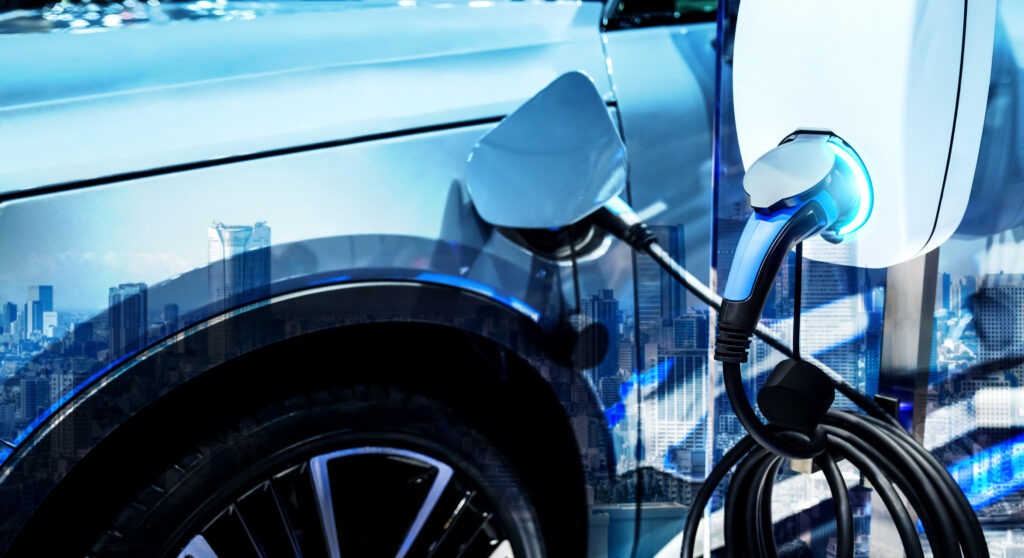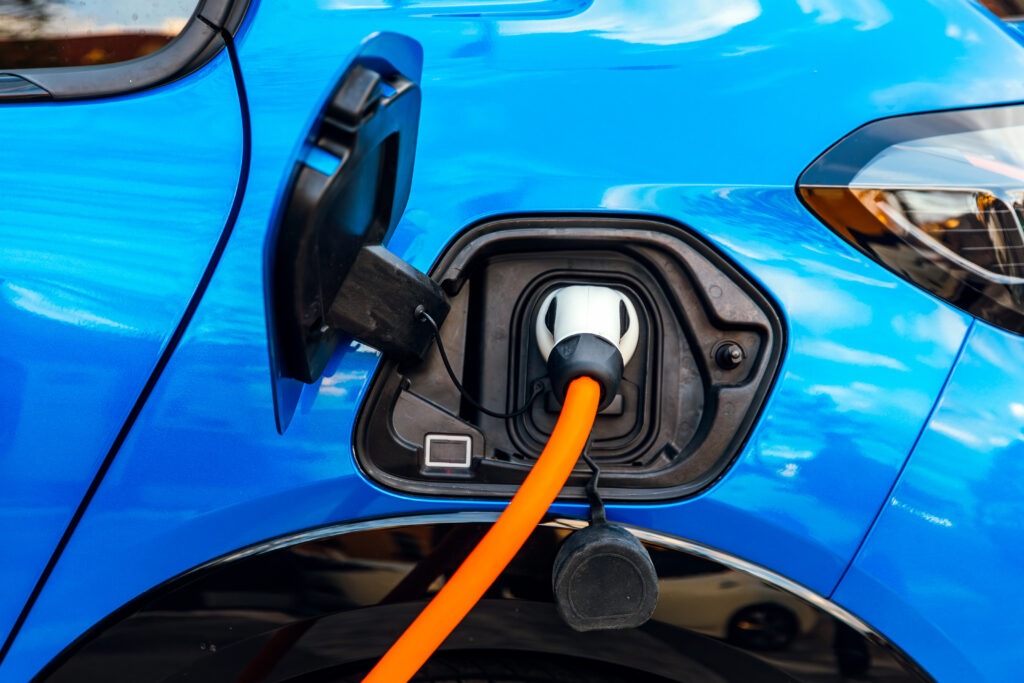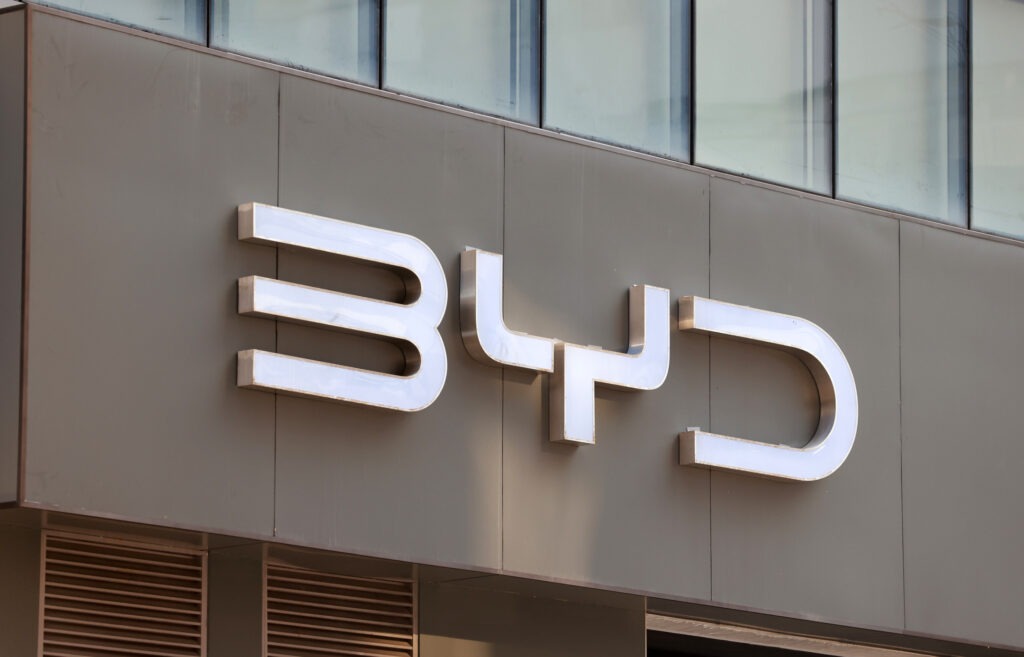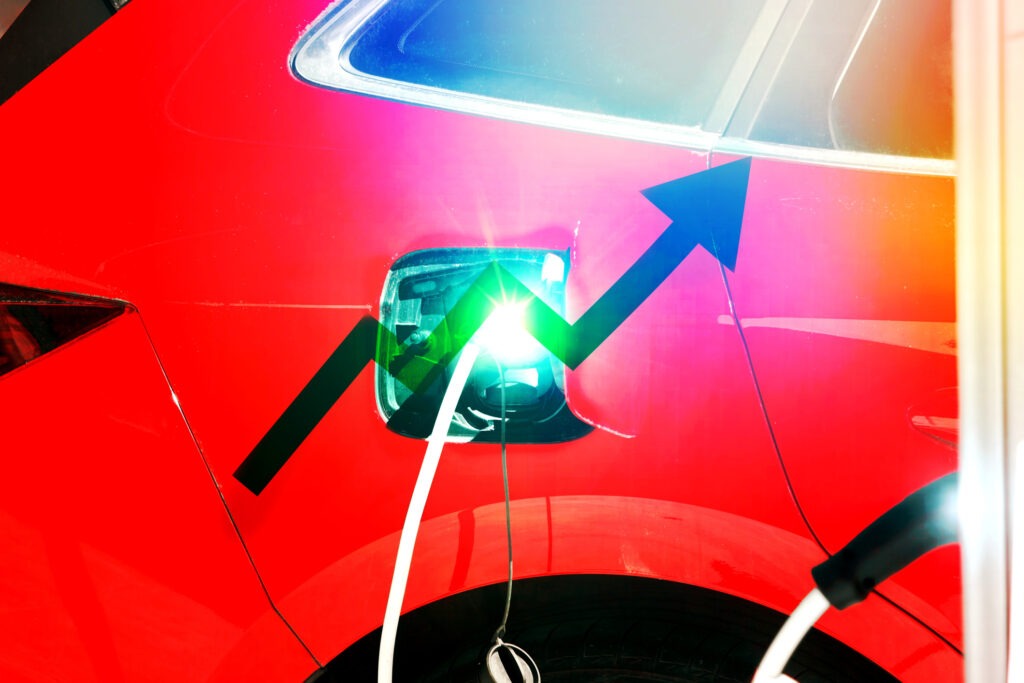What are the global EV market’s most successful brands?
17 February 2025

The global electric vehicle (EV) market recorded double-digit growth across 2024, but which carmakers sold the most plug-in models? Autovista24 editor Tom Geggus reviews the powertrain and brand performances.
Combined, registrations of battery-electric vehicles (BEVs) and plug-in hybrids (PHEVs) reached over 17.29 million units in 2024. This meant the global EV market grew by 26.1% compared with 2023.
The latest data from EV Volumes shows that BEVs recorded a greater volume of deliveries than PHEVs in 2024. The former saw registrations reach 10.8 million units, while the latter reached 6.49 million units.
While both powertrains recorded growth across the year, PHEV registrations remained in the double-digit range. This ensured that the overall EV market remained positive throughout 2024. February was the market’s lowest point with growth dropping to 1.2%.
One major motivating factor for the dramatic fluctuation in growth between January and February was the Chinese market. While the country has seen demand for EVs accelerate, the Chinese New Year impacted deliveries in February. The market went on to recover across the rest of the year, with December recording growth of 26.1%.
At 62.5%, BEVs commanded the greatest share of the global EV market across 2024, while PHEVs made up 37.5%. Although this was a sizeable difference, plug-in hybrids made a gain on 2023 when they held a market share of 30.7%. The powertrain enjoyed increasing demand in China, as well as more consumers choosing the bridging technology globally.
BYD’s global EV success
BYD led the global EV market in 2024. Its combined deliveries of BEVs and PHEVs reached over 3.84 million units, up 33.6% year on year. This meant it counted for 22.2% of all EV sales across the world, up by 1.2 percentage points (pp) from 2023.
Tesla came second with half of the deliveries and market share of BYD. However, while the Chinese carmaker manufactures both BEVs and PHEVs, the US brand produces only all-electric cars.
Tesla sold 1.78 million units in 2024, down by 1.2% year on year, as global competition heated up. This saw the brand claim a market share of 10.3%, down from 13.2% in 2023.
In third place, Wuling was considerably behind the top two, with 688,415 deliveries. This equated to a 44.7% increase from the 475,801 registrations recorded in 2023. Wuling made up 4% of all EV sales, up 0.5%.
European shares slip
In fourth, BMW sold 535,586 plug-in vehicles, up 7.1% year on year. While it was the leading European brand, it made up just 3.1% of the global EV market, down 0.5pp.
Li Auto finished the year in fifth, as its EV sales jumped by 40% to 526,353 units. Its market share went from 2.7% in 2023 to 3% in 2024. In sixth, Geely also took a 2.7% market share, up 1.2pp. Its plug-in deliveries reached 458,473 units from 208,342 in the previous year.
Meanwhile, Volkswagen (VW) saw its EV sales and its market share fall as it took seventh. The brand’s deliveries dropped 5.8% year on year to 454,631. This meant the German carmaker’s share slipped 0.9pp to 2.6%. Taking eighth, Aito’s market share climbed by a considerable 1.5pp to 2.2%. Its sales volume increased by 290.1% to 386,817 units.
In ninth, Mercedes-Benz saw its global EV deliveries increase by a marginal 0.2% to 374,311 units. This meant it commanded 2.2% of the market, down from 2.7% in 2023. In 10th, Aion’s sales dropped by 22.6% to 373,906 sales. The Chinese brand’s market share fell 1.3pp to 2.2%.
December’s global brand ranking
Leading the global EV market in December, BYD’s deliveries increased by 31% to 421,290 units. This meant it made up 21.4% of all plug-in registrations, up from 20.6% in December 2023.
Tesla ended the month in second, some distance behind with a market share of 10.3%, down 2.3pp. However, its deliveries did increase by 3.2% to 201,971 units. In third, Wuling’s market share increased by 0.5pp to 5%. The brand recorded 98,040 EV sales, up 40.2% year on year.
In fourth, Geely recorded registrations growth of 176.1% in December, as it delivered 70,111 units. The brand represented 3.6% of the market, up 2pp. Fifth-place Li Auto saw sales climb 19.9% to 60,359 EVs. However, its market share fell marginally to 3.1% from 3.2% a year earlier.
In sixth, BMW’s EV registrations shrank by 10.1% in December to 53,444 units. This meant it accounted for 2.7% of all plug-in deliveries, down from 3.8% in December 2023. Chery climbed to seventh as its share reached 2.6%, up 1.5pp. This was thanks to a 204.5% year-on-year increase with 50,291 units.
VW slipped to eighth as its EV registrations dipped by 12.3% to 45,655 units. Accordingly, its market share slipped by 1pp to 2.3%. Then came Leapmotor in ninth, as its sales increased by 47.9% to 41,353 units. This meant its share climbed 0.3pp to 2.1%.
Finally, Xpeng finished the month in 10th place. Its sales soared by 85.7% to 37,330 units, pushing its share up to 1.9% from 1.3% in December 2023.




